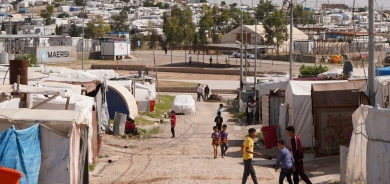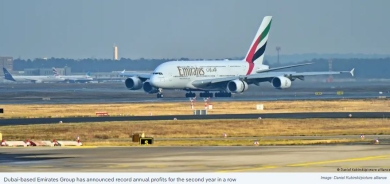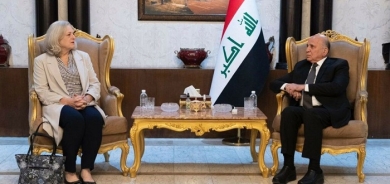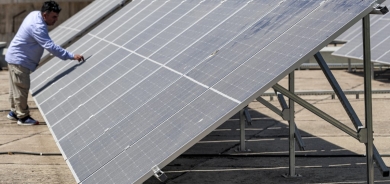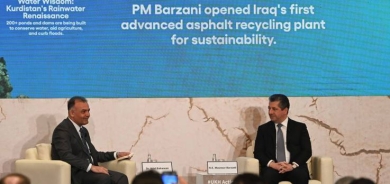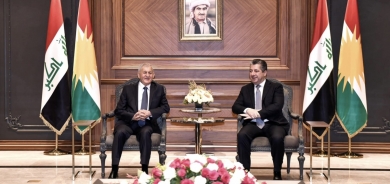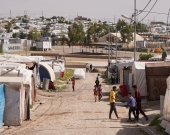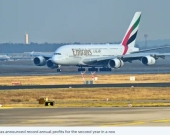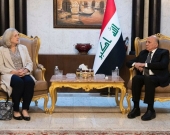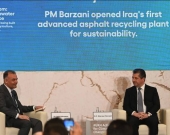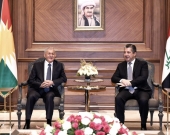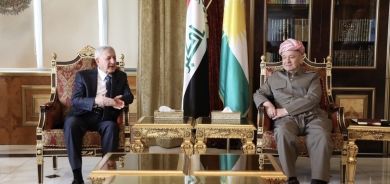Lawyer: Border Guards Shoot ‘Smugglers’ With Impunity in Iranian Kurdistan
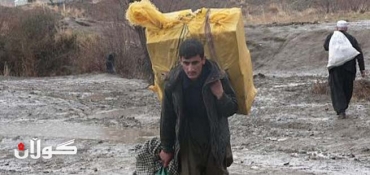
ERBIL, Kurdistan Region – Every month Iranian border guards shoot dozens of poor people for trying to smuggle goods across the border from Iraqi Kurdistan, but authorities ignore complaints by relatives of victims who allege their loved ones were killed without reason or proper warning, relatives and lawyers complain.
Relatives of victims – who are poor Kurds trying to eke out a living in the deprived and poor Kurdish regions of Iran that are among the country’s most neglected – say that instead of looking into complaints and conducting an investigation, the local courts automatically label the dead as “criminals.”
“The courts don’t conduct a thorough investigation. Oftentimes, they categorize the victim as a criminal, saying he deserved what he got because he ignored the police,” said Osman Muzain, an Iranian Kurdish lawyer who deals with such cases.
“The court doesn’t summon the soldiers who carried out the shooting, and the public prosecutor rejects to work on these cases,” he complained.
Muzain said that sometimes the families of victims receive some compensation, but not the full amount. Other times, they receive threats from the police for speaking out against them.
“Even though some of the people crossing the border hold identity papers and permits to cross the border, they still get shot by the security forces, and their goods and horses are confiscated by the police,” said Muzain said.
He added that the border guards are not trained on how to use weapons in these kinds of situations.
Article 3 of the Iranian law allows the police border to use weapons as the last resort against anyone who tries to cross its border illegally.
According to a study by the Kurdpa website, in 2012 alone more than 67 Kurdish border porters and smugglers were killed by Iranian frontier guards and more than 40 were wounded.
Smuggling across Iran and Iraq’s Kurdish borders is common, usually carried out as a last resort by dirt-poor villagers trying to eke out a living, according to Rebaz Qurbani, a political science student at the University of Tehran who has conducted research into the smuggling and its causes.
“The people of the border villages are forced to do this work, because there are not many job opportunities in their area,” he said.
Apart from Iranian border guards, the smugglers have to hazard other grave risks, such as minefields, being attacked by wild animals or dying of cold in winter, when the trafficking continues despite below-zero temperatures and treacherous passes that are often crossed in the dark.
Five months ago Rabia Sultani’s husband was shot dead by border guards, and although she has filed a complaint, she says it has been ignored.
The mother of three is enraged that the authorities refer to her husband as a “smuggler,” and that her attempts to meet the judge have been unscussessful.
“He was not a smuggler, he was just trying to feed his kids,” she insists.
Qurbani, the university researcher, said that relatives of several victims from Qularash village had demanded financial compensation. “Instead, the police forced them to sign a pledge to withdraw their complaint and declare that their victims weren’t killed by Iranian security forces,” he said.
Muzain said that killing the smugglers is illegal, and that instead they should be arrested and fined.
He said that, when a prosecutor does recommend a case for investigation, it is the police who are given the task of looking into it, but it is the police who carry out the killings in the first place.
“There must be the third party to investigate the killings,” Muzain said.
The bleak and dangerous lives of the smugglers were depicted in Kurdish-Iranian director Bahman Ghobadi’s 2000 film, A Time for Drunken Horses.
The film, which won an award at the Cannes Film Festival, involves a young boy forced into smuggling out of poverty. The movie title refers to the practice by smugglers of feeding their packhorses with liquor to keep them warm as they cross through frigid mountain temperatures.
Rudaw

